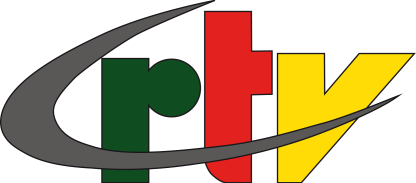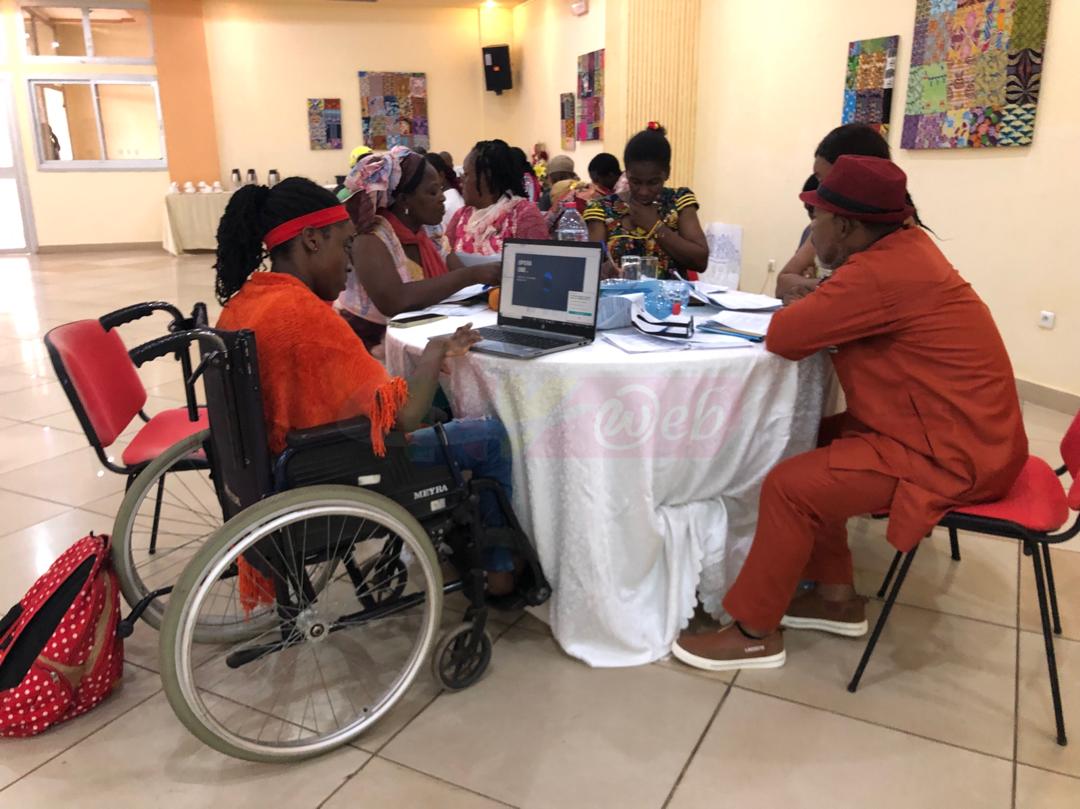Junior Lango, a person with intellectual disability has just been equipped with knowledge on his rights to participate in decision-making as an active citizen of Cameroon.
He is among 30 persons with intellectual disabilities and representatives of support groups who took part in a three-day training on the political participation of Persons with Disabilities (PWDs) in Yaoundé.
The training was jointly organized by Sight Savers International and Inclusion International from April 15-17, 2024.
“I have learnt a lot about my personality. Thanks to this training, I have learnt about my rights as a citizen and my rights as a person with disabilities. One of my rights is to be loved and feel accepted in the society.”
Participants of the workshop including self advocates, associations of persons with disabilities, the Ministry of Social Affairs and some rights groups discussed practical solutions to the inclusion of this special group of people in the political life of the country.
The right to participate in political activities and public life is a fundamental human rights law. However, persons with intellectual disabilities are usually left behind.
The three-day workshop was held within the framework of citizenship and political involvement of persons with intellectual disabilities.
“These are issues that concern everyone living in a country.This training brings a solution because people with intellectual disabilities are usually left out of important political decisions. Human rights requires we leave no one aside,” Marguerite Belobo Belili, Executive Director of Sightsavers Cameroon said.
During the training, persons with intellectual disabilities were schooled on the importance of being knowledgeable in political issues. They were also told that knowing their right to participate in politics and public life is well-established in human rights law for everyone.
“We have explained what is a good advocate. Persons with disabilities need a good human companion . We have explained the role this person plays. They help the person with intellectual disability take decisions and not take decisions for them. The bad advocate takes decisions for the person with intellectual disability.”Claudine Lawson Daizo, Executive Director of CHRYSALIDE said.
To facilitate the political involvement of persons with intellectual disabilities, they are required to each have electoral cards, and be able to vote. Ensuring inclusive participation of their families, community and country is also of great importance.
Organizers called on rights groups, the Ministry of Social Affairs and other stakeholders to ensure the political rights of persons with intellectual disabilities are respected.
“This workshop has made us aware that when persons with disabilities understand what is happening around them, they can take meaningful decisions even though we acknowledge it’s usually not easy. They make much efforts to express themselves so that their rights can be respected,” Onana Bidi Thaddée, PWDs and PHD student of the University of Yaoundé 1 said.
Lack of a skilled facilitator, low efficiency, disinterest in political issues, and language barrier are some of the challenges to political participation of persons with intellectual disabilities. That not withstanding, stakeholders say the government has all it takes to ensure that persons with disabilities are able to fully participate in all decision-making processes.











